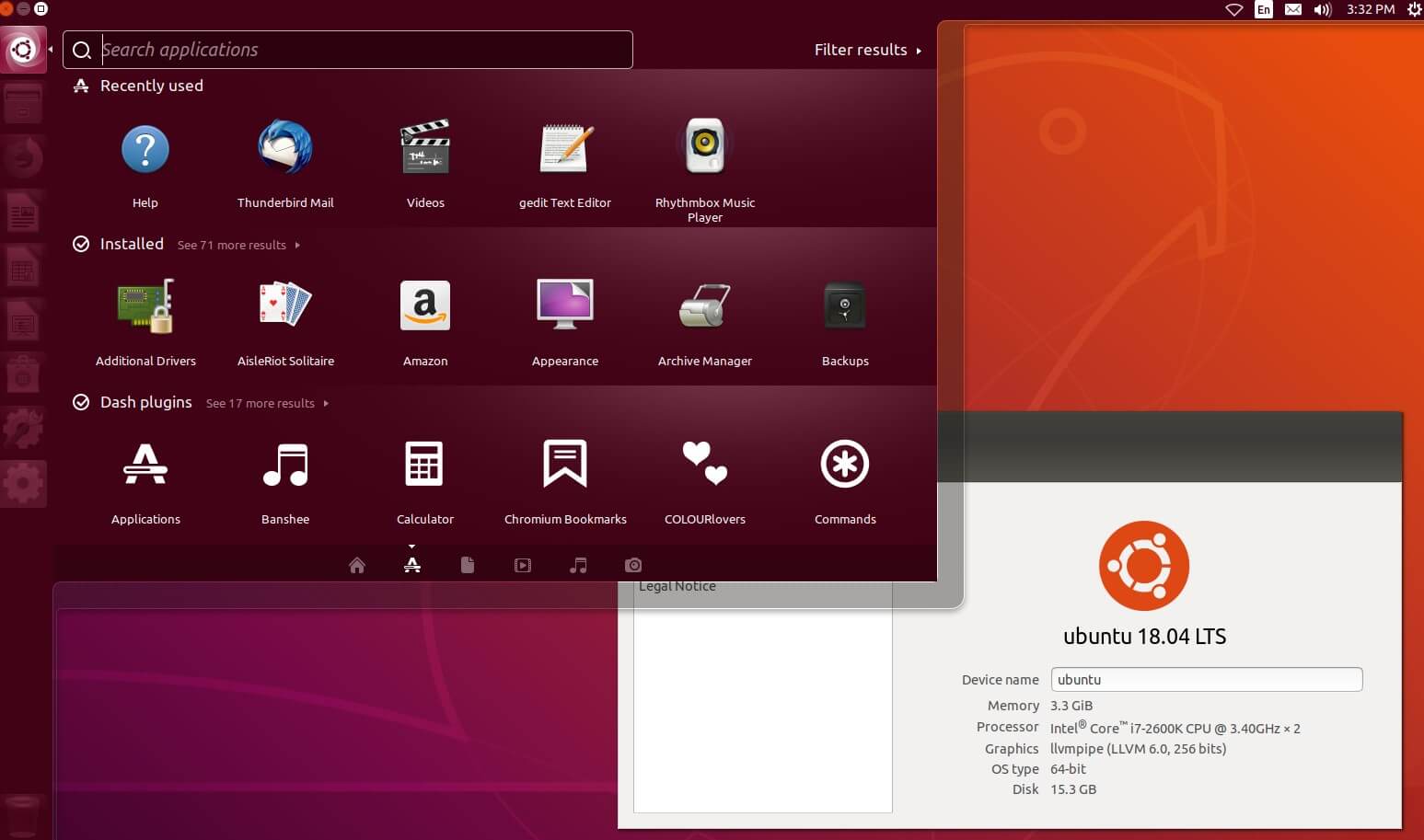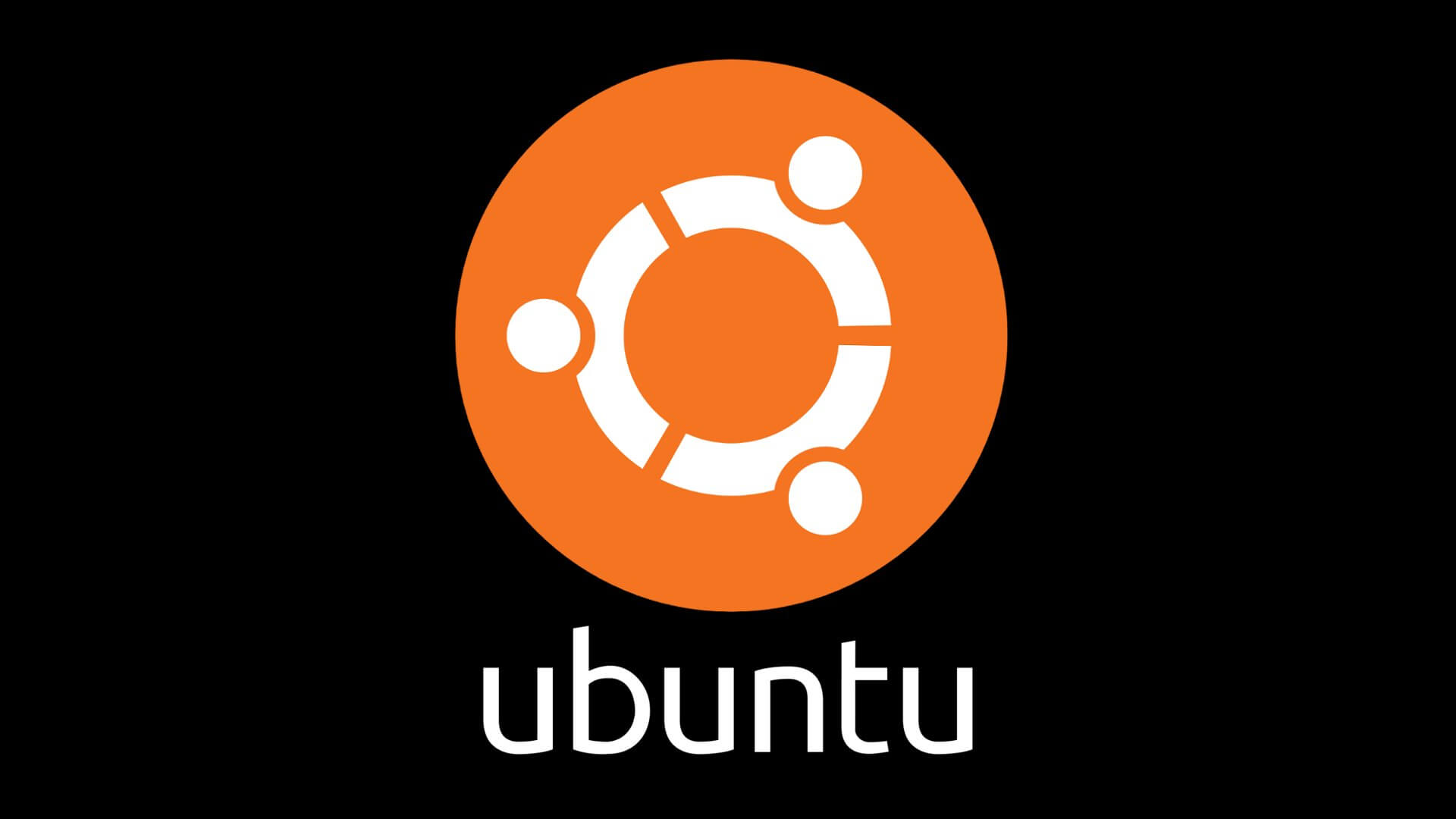Ubuntu, a popular Linux-based operating system, has become a staple in the world of open-source software. Known for its user-friendly interface, stability, and robust community support, Ubuntu has gained a loyal following of individuals and organizations seeking a reliable and versatile computing experience. In this article, we will explore the features, benefits, and impact of Ubuntu, highlighting why it continues to be a top choice for many users worldwide.
Understanding Ubuntu: Ubuntu is an open-source operating system based on the Linux kernel. It is developed by Canonical Ltd. and is available free of charge. Ubuntu is built on the principles of openness, collaboration, and community-driven development. This ethos has led to its widespread adoption and contributed to its reputation as one of the most user-friendly Linux distributions.
User-Friendly Interface: One of the key factors behind Ubuntu’s popularity is its intuitive and user-friendly interface. The desktop environment, known as GNOME, offers a clean and modern design that is easy to navigate, even for newcomers. The Ubuntu Software Center provides a centralized hub for installing and managing applications, making it simple for users to discover and install software tailored to their needs.
Stability and Reliability: Ubuntu is renowned for its stability and reliability, making it an ideal choice for both personal and professional use. The operating system benefits from a rigorous testing process before each release, ensuring that it is robust and free from critical bugs. With long-term support (LTS) releases available, users can rely on Ubuntu for extended periods without needing to upgrade frequently.

Vast Software Repository: Ubuntu offers access to an extensive software repository that includes thousands of free and open-source applications. From productivity tools and multimedia software to development environments and server applications, users can find software for almost any purpose. The availability of software through the Ubuntu Software Center simplifies the installation process, eliminating the need for complex manual setups.
Customization and Flexibility: Ubuntu provides users with the freedom to personalize their computing experience. With a wide range of themes, icons, and extensions available, users can customize the look and feel of their desktop environment to suit their preferences. Additionally, Ubuntu supports multiple desktop environments, such as KDE, Xfce, and MATE, giving users the flexibility to choose the interface that best suits their needs.
Strong Community and Support: Ubuntu benefits from a vibrant and passionate community of users and developers who actively contribute to its development and provide support to one another. The Ubuntu community offers forums, documentation, and resources to help users troubleshoot issues, seek advice, and share their experiences. This strong community support ensures that users have access to a wealth of knowledge and assistance when needed.
Ubuntu in the Enterprise: Ubuntu’s reliability, security, and extensive software ecosystem have made it a popular choice for enterprise deployments. Companies benefit from the long-term support releases, which provide stability and consistency for mission-critical systems. Ubuntu’s server edition is widely used for web hosting, cloud infrastructure, and container deployments, offering scalability and cost-effectiveness.
Ubuntu’s commitment to openness, user-friendliness, and community collaboration has made it a standout operating system in the open-source world. With its intuitive interface, stability, and extensive software repository, Ubuntu provides a versatile computing experience for individuals and organizations alike. Whether it’s for personal use, professional endeavors, or enterprise deployments, Ubuntu continues to empower users with a reliable and customizable operating system. As Ubuntu evolves and grows with the support of its passionate community, it remains a compelling choice for those seeking the advantages of open-source software.





